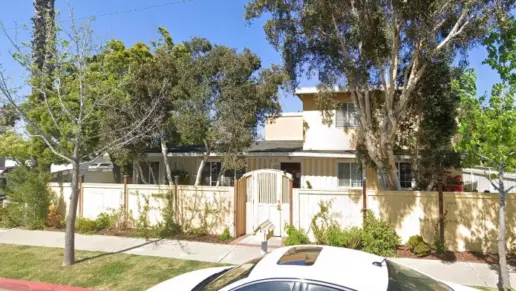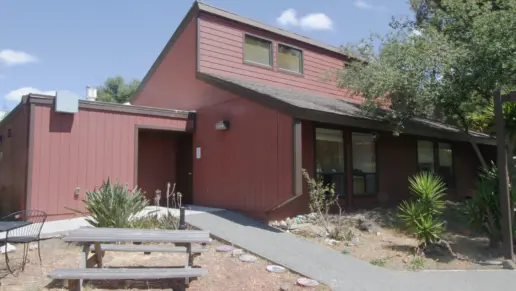These folks really do want to help and know how to help people struggling with addiction. GWC gives you the tools to recover and reunite with your family and loved ones. GWC helped me regain custody of my daughter. Thank you GWC!! My family and I are forever grateful. I am a ...
About Granite Wellness Centers
Granite Wellness Centers’ Grass Valley location is in the Sierra Nevada foothills in California. They offer outpatient and residential programs that focus on substance use disorder for both alcohol and drugs. They have adolescent programs and adult programs. The residential programs are for adults, and they also offer transitional housing support.
One of the things they focus on is treating the whole family since that improves outcomes. Grass Valley has Hope House which houses 20 women. A nice addition is that children up to age 12 can stay there with their mothers while their moms are going through treatment. Pregnant women are welcome too. Men stay in a separate house, Serenity House. The levels of care offered are DHCS 3.1 and 3.5.
Their programs include individual counseling and psychotherapy as well as group counseling. There are also case management services, health and nutrition services, and exercise and recreation.
The focus of these services is on drug and alcohol use but also on the mental health concerns that accompany them, such as depression, anxiety, and other mental illnesses. The programs address trauma, sexual and emotional abuse, depression, parenting issues, relationship struggles, and anger management. The center has funding options you can discuss with them if you need help paying for the programs.
Latest Reviews
Rehab Score
Gallery
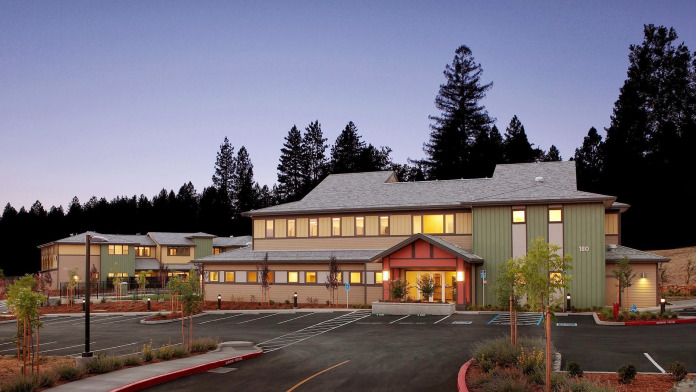
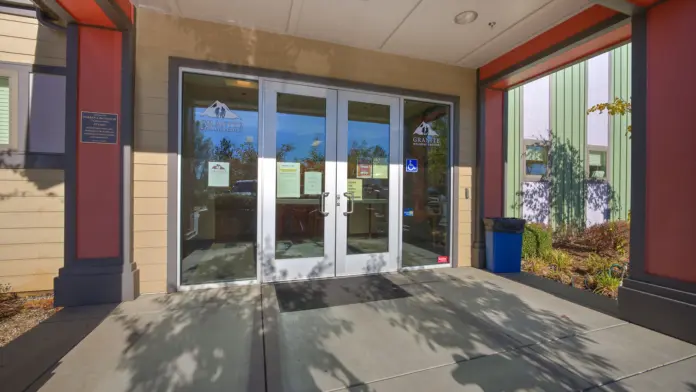
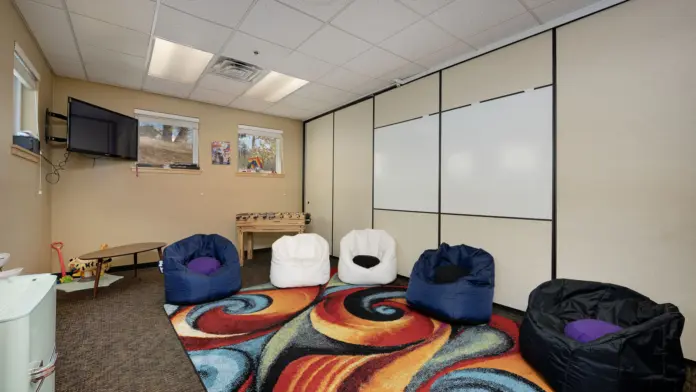
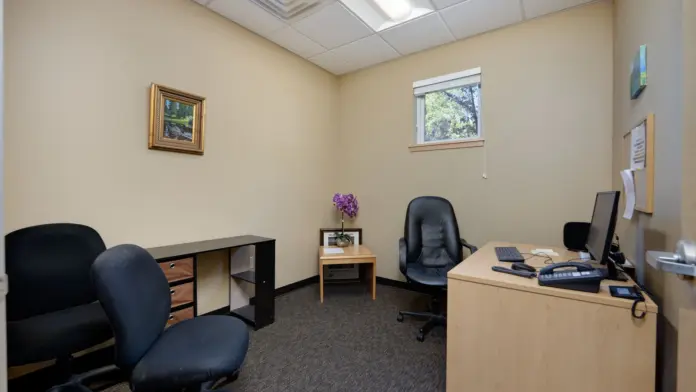
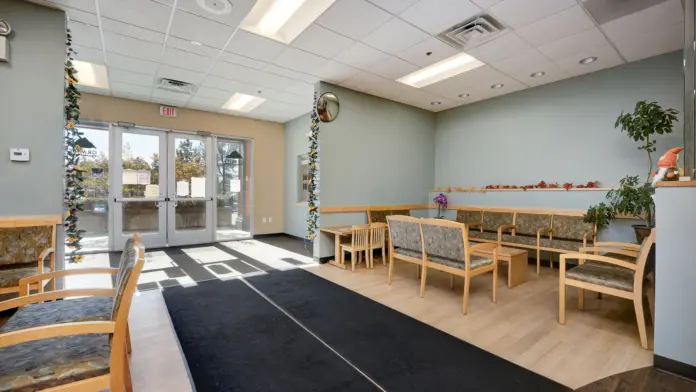
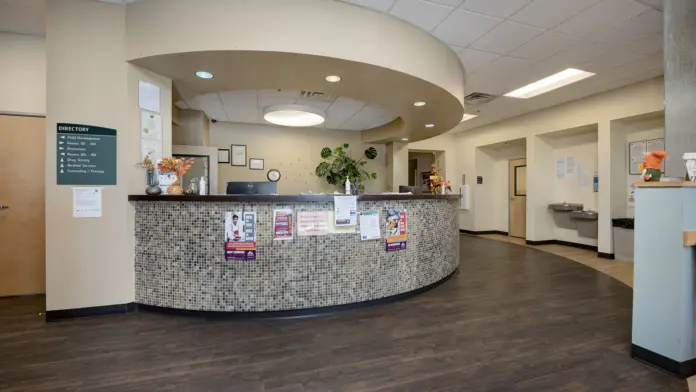
Location
Other Forms of Payment
Private insurance refers to any kind of healthcare coverage that isn't from the state or federal government. This includes individual and family plans offered by an employer or purchased from the Insurance Marketplace. Every plan will have different requirements and out of pocket costs so be sure to get the full details before you start treatment.
Self-pay involves paying for treatment out of your own pocket. You can use savings or credit, get a personal loan, or receive help from family and friends to fund your treatment. If you don't have insurance or your insurance plan doesn't cover a specific program, self-pay can help ensure you still get the care you need.
Medicaid is a state based program that helps lower-income individuals and families pay for healthcare. Medicaid covers addiction treatment so those enrolled can use their coverage to pay for rehab. When a program accepts Medicaid the client often pays very little or nothing out of their own pocket.
Addiction Treatments
Levels of Care
Treatments
Substance rehabs focus on helping individuals recover from substance abuse, including alcohol and drug addiction (both illegal and prescription drugs). They often include the opportunity to engage in both individual as well as group therapy.
Programs

Clinical Services
Cognitive behavioral therapy in California is a method that therapists often use for the effective treatment of substance use disorders. It is based on the principle that substance abuse stems from unhelpful ways of thinking and patterns of behavior, which can be changed by helping the individual learn better ways of coping.
Group therapy is any therapeutic work that happens in a group (not one-on-one). There are a number of different group therapy modalities, including support groups, experiential therapy, psycho-education, and more. Group therapy involves treatment as well as processing interaction between group members.
In individual therapy, a patient meets one-on-one with a trained psychologist or counselor. Therapy is a pivotal part of effective substance abuse treatment, as it often covers root causes of addiction, including challenges faced by the patient in their social, family, and work/school life.
For clients who are struggling with ambivalence toward change, motivational interviewing in California can help strengthen their commitment to change. Using a conversational method, the therapist helps you explore your motivations and empowers you to make the changes you desire.
Research clearly demonstrates that recovery is far more successful and sustainable when loved ones like family members participate in rehab and substance abuse treatment. Genetic factors may be at play when it comes to drug and alcohol addiction, as well as mental health issues. Family dynamics often play a critical role in addiction triggers, and if properly educated, family members can be a strong source of support when it comes to rehabilitation.
Life skills trainings involve all the skills a person must have in order to function successfully in the world. These include time management, career guidance, money management, and effective communication. Truly successful addiction recovery is based on the ability to not only live substance-free, but to thrive. Life skills teaches the practical necessities of functioning in society, which sets clients up for success in life, and therefore sobriety.
Staff & Accreditations
Staff
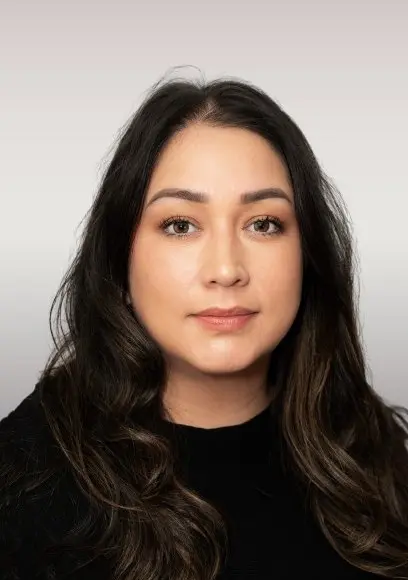
Chief Executive Director
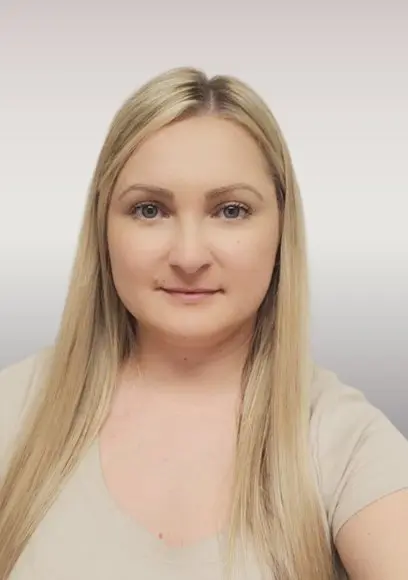
Director of Finance
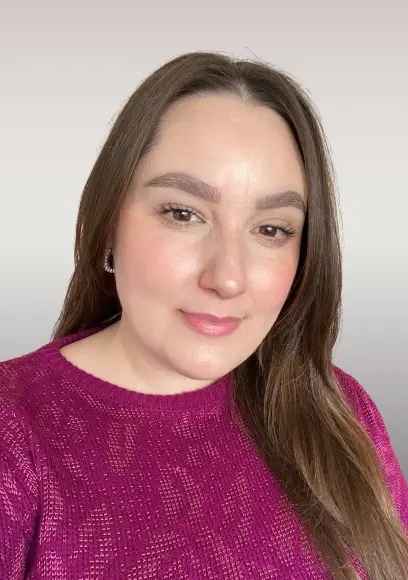
Administrative Director
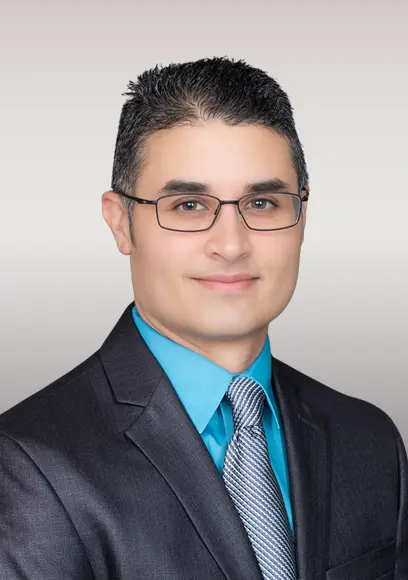
Medical Director
Accreditations

The Commission on Accreditation of Rehabilitation Facilities (CARF) is a non-profit organization that specifically accredits rehab organizations. Founded in 1966, CARF's, mission is to help service providers like rehab facilities maintain high standards of care.
CARF Accreditation: Yes
Contact Information
180 Sierra College Drive
Grass Valley, CA 95945

